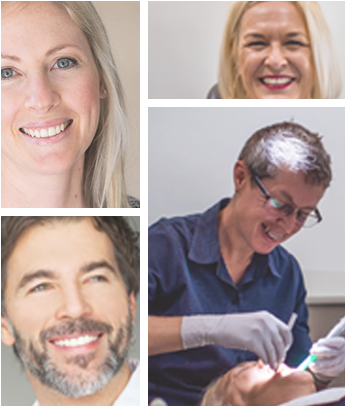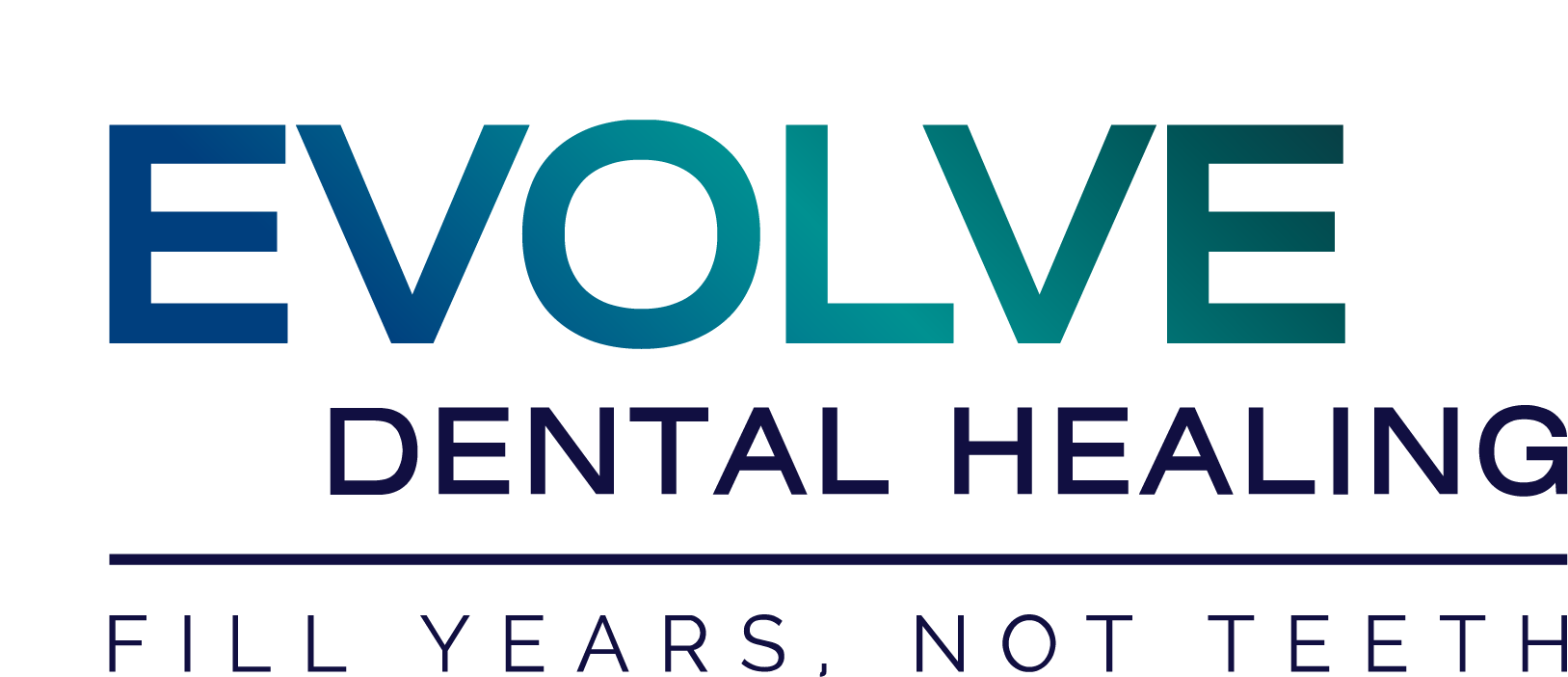Poor Oral Health Causes 6 Common Diseases

You want to be healthy and live a long life – giving up junk food, getting active, quitting smoking, changing diet and reducing stress are all common lifestyle changes that we adopt when we become serious about avoiding heart disease and cancer.
But, what about poor oral health?
Huh? What have your tooth brushing habits have to do with reducing the risk of heart disease or cancer? Well, a lot actually…
I get it – making an appointment with a dentist or dental hygienist just doesn’t have the same sense of urgency as seeing your cardiologist for a check-up – but, maybe it should.
When it comes to preventing chronic, life-threatening diseases, maintaining good oral health may be one of the more important things you can do.
Sadly, there are literally millions and millions of people that walk around uninformed about how gum disease can set the stage for six serious diseases.
Keep in mind, these health problems are completely avoidable – when given the right information.
Chronic inflammation of the gums can affect the entire body
Researchers and scientists now believe that inflammation – which can include the chronic inflammation that accompanies poor oral health – is at the root of most chronic diseases.
In fact, the potentially life-threatening conditions associated with gum disease (periodontal disease) include diabetes, stroke, cancer, serious respiratory infections, heart disease and obesity.
Gum Disease, which is called periodontal disease, occurs in two primary forms: gingivitis and periodontitis.
Gingivitis involves inflammation that affects the soft tissue surrounding teeth – namely, the gums. Symptoms include reddened gums, swollen gums, bad breath and bleeding upon brushing or flossing.
If untreated, gingivitis can progress to periodontitis, a more serious condition in which pathogenic bacteria progressively damage the structures that hold your teeth in – periodontal ligaments and jaw bone – and cause tooth loss.
Plaque and Tartar
The main culprit behind periodontal disease is plaque – a sticky, bacteria-laden film that forms on teeth and gums in response to starches and sugars in foods. Plaque eventually hardens into tartar, which is so resistant to brushing that it can only be removed via professional cleaning by a qualified, dental hygienist.
Plaque and tartar – and the bacteria they harbour – can build up and eventually cause the destruction of gums and bone, along with the loss of teeth.
However, it is not just teeth and gums that are affected. Researchers are finding that periodontal disease carries grave implications for the entire body.
Recent studies link poor oral health with obesity, stroke and heart disease
The inflammation that accompanies periodontitis can contribute to obesity by raising levels of C-reactive protein, a marker of inflammation which causes fat cells to accumulate more fat – while burning less energy.
This fact of metabolism was reinforced by a 2016 study, in which researchers found that the risk of obesity was higher in people with a lower daily frequency of tooth brushing and use of dental floss.
In addition, two 2016 studies found that participants who had been diagnosed with periodontitis had a higher risk of stroke – as well as a higher risk of dying from all causes, including heart disease.
In 2015, a 26-year study showed that inflamed gums were associated with stroke risk, leading the researchers to point out that their results highlighted the important role of oral health professionals in the prevention of stroke.
To be clear: the periodontal disease is strongly associated with an increased risk of heart disease.
Fortunately, it appears that the risk can be reduced with proper treatment. Researchers are finding that lowering systemic inflammation decreases the risk of atherosclerosis (hardening of arteries) and inflammation-linked cardiovascular events such as heart attack – as well as the risk of stroke.
Periodontal disease will increase your risk of cancer
In a study involving over 48,000 male health professionals aged 40 to 75, researchers found that participants with a history of periodontal disease had an increased risk of cancer – particularly of the lung, kidney and pancreas.
Researchers called for more study, noting that periodontal disease could merely be a marker of a susceptible immune system – or could be a factor directly affecting cancer risk. Either way, the association is concerning.
As if this weren’t enough reason to take the periodontal disease seriously, a 2016 study published in the International Journal of Cancer showed that periodontal disease increases the risk of non-Hodgkin’s lymphoma.
Periodontal disease has serious implications for diabetics
Scientists now know that periodontal disease can worsen the severity of diabetes, and even contribute to its onset. A study involving participants with type 2 diabetes showed that severe periodontitis was strongly linked with increased risk of poor blood sugar control.
And, the conditions seem to be interrelated. For example, studies show that people with diabetes who control their blood sugar are at lower risk of developing periodontal disease than those with poorer glucose control – a very significant finding.
By the way, treating periodontal infection and reducing oral inflammation in diabetic patients causes significant improvements in haemoglobin A1c – a long-term measurement of blood sugar control.
Simply put, improving dental health helps to prevent the complications and consequences associated with diabetes.
Gum disease and respiratory infections – including pneumonia
Gum disease can affect your ability – or lack thereof – to fight off respiratory infections.
A form of pneumonia that affects elderly adults occurs more often when dental health is poor. Researchers believe this is a result of periodontal bacteria in the secretions of the mouth and pharynx being aspirated (breathed) into the lungs.
Interestingly, a six-month Japanese study of ageing adults showed that only one out of 98 participants developed a respiratory infection when the group was under the care of dental hygienists. In marked contrast, 9 out of 92 people – almost 10 percent – who did not get dental care came down with respiratory infections.
Natural compounds can treat gum disease and support oral health
Fortunately, natural substances can be used as effective oral topical agents to treat periodontal disease.
Studies have shown that catechins in green tea extract are antibacterial against S. mutans, one of the primary pathogens behind tooth decay.
Green tea extract also inhibits the “stickiness” of bacteria – making them less apt to cling to teeth – while inhibiting production of amylase, which bacteria employ to break starches down to sugars.
Topically applied aloe vera can help soothe and heal inflamed gum tissues – while fighting pathogenic bacteria.
The unique fizzing action of hydrogen peroxide combats oral bacteria that are difficult to reach with conventional brushing and flossing. Studies have shown that applying diluted hydrogen peroxide to the gums of patients with periodontitis can cause significant improvements in conjunction with professional dental care.
Other natural techniques to treat gum disease include gargling with Himalayan sea salt, “oil pulling” with coconut oil, and the use of essential oils, vitamin C with CoQ10 (quercetin) and herbal mouthwashes – designed to be antibacterial and antiviral
So next time you feel like skipping brushing or flossing think about the harm all those mouth bacteria are doing to your body and give your mouth the care it needs to help prevent poor health and disease.
-
Dr. Rachel Hall
Rachel is the founder and principal dentist at Evolve Dental Healing with over 30 years experience, practising holistically since 2001. Not your typical dentist, Rachel is a passionate opinion leader, challenging convention to empower people to make better dental and health choices, helping thousands to have healthy natural smiles. A respected writer and presenter on holistic dentistry, health and wellness it is Rachel’s mission to revolutionise the way people look at their dental health.
Talk to us for more details and information
CONTACT US
67 Kenmore Road
Kenmore Queensland 4069
Phone: 07 3720 1811
Fax: 07 3720 1899
Email: info@evolvedental.com.au
OPENING HOURS
Monday – Friday: 7:30am – 5:30pm
References and Citations Mercury & Amalgam Fillings




